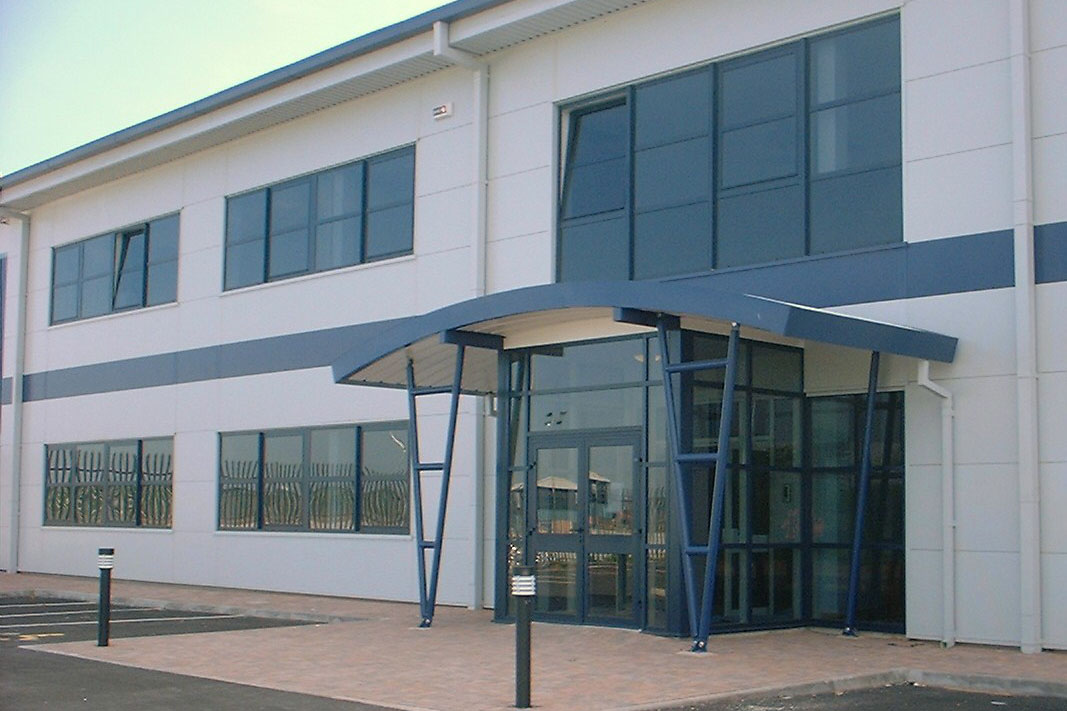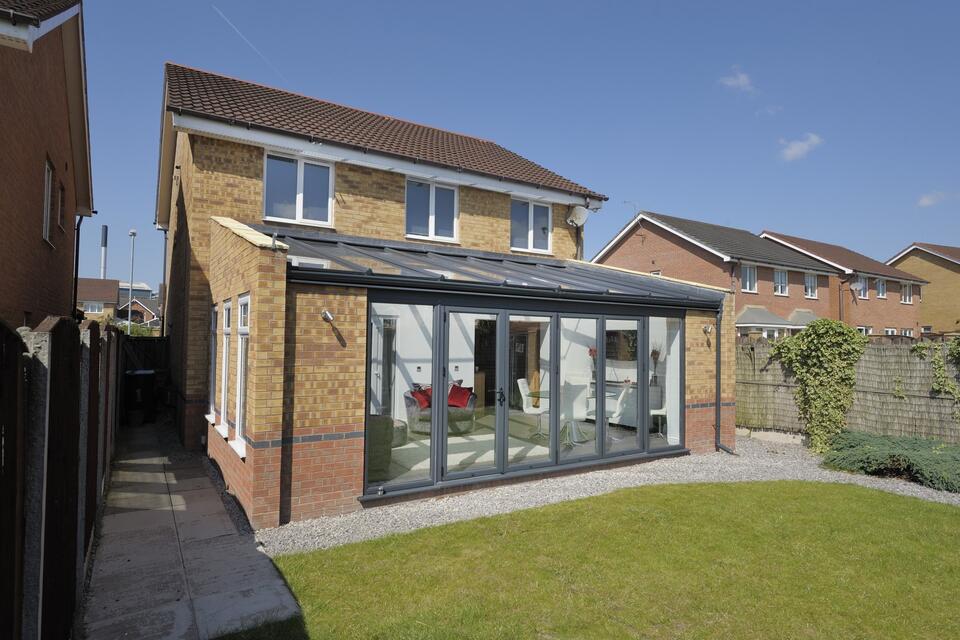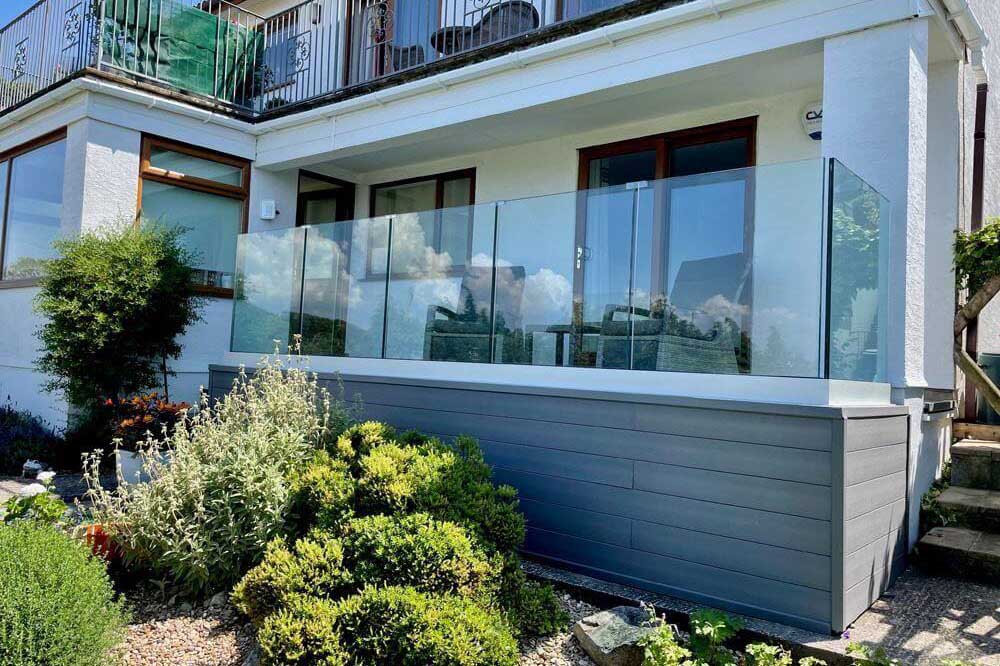- What is Double Glazing?
- Key Benefits of Double Glazing
- Double-Glazing vs. Single Glazing
- Types of Double-Glazing
- How to Choose the Right Double Glazing
- Common Myths About Double-Glazing
- Maintenance Tips for Double-Glazing
- Why Double-Glazing is a Smart Investment
- Frequently Asked Questions About Double-Glazing
When it comes to improving your home’s energy efficiency, comfort, and value, double glazing is a top contender. This popular upgrade offers numerous benefits, from reducing heat loss to cutting down on noise pollution. In this blog, we’ll explore the advantages of double-glazing, how it works, and why it’s a worthwhile investment for every homeowner.
What is Double Glazing?
Double-glazing refers to windows with two panes of glass separated by a layer of air or gas. This design enhances insulation, making it a practical choice for homes in various climates.
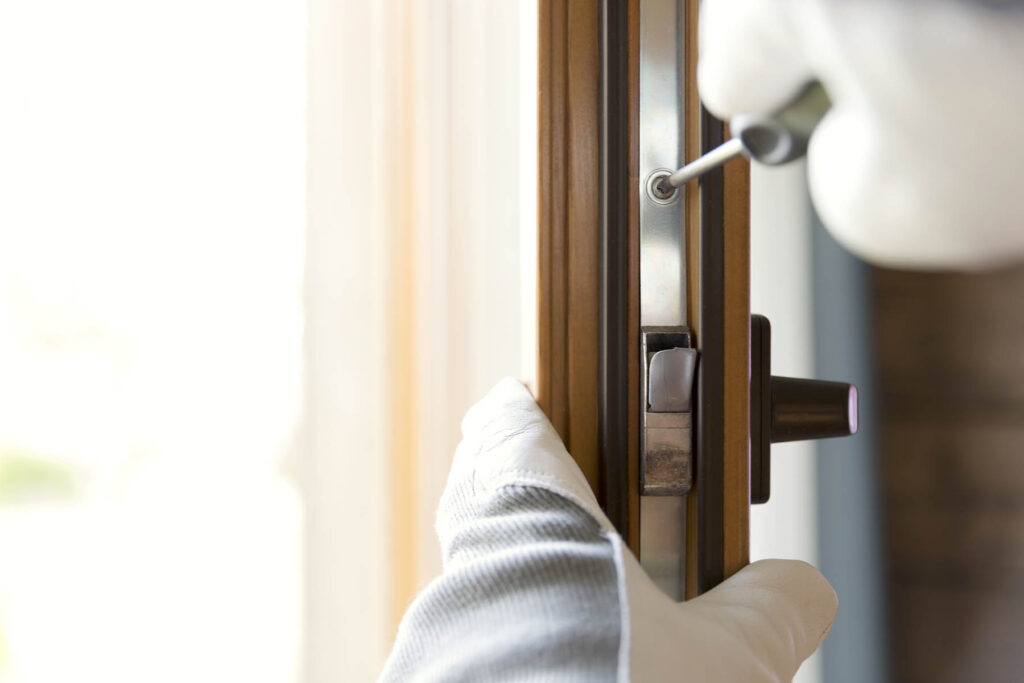
How Does It Work?
- Insulating Layer: The gap between the panes acts as a barrier, reducing heat transfer.
- Gas-Filled Space: Often filled with argon or krypton gas, the space enhances thermal performance.
- Durable Seals: High-quality seals prevent air or moisture from entering the gap.
Key Benefits of Double Glazing
Upgrading to double-glazing comes with a range of advantages that improve both your living experience and your property’s value.
1. Energy Efficiency
Double glazing reduces heat loss in winter and keeps your home cooler in summer. This lowers your energy bills and reduces your carbon footprint.
- Insulation: Keeps indoor temperatures stable.
- Savings: Reduces heating and cooling costs.
- Eco-Friendly: Helps meet sustainability goals.
2. Noise Reduction
Tired of outside noise disrupting your peace? Double glazing acts as a sound barrier, making your home quieter and more serene.
3. Improved Security
The dual-pane design makes windows harder to break, enhancing your home’s security.
- Reinforced Glass: Provides added strength.
- Locking Systems: Often paired with advanced locks for extra protection.
4. Reduced Condensation
Condensation can damage windows and promote mold growth. Double-glazing minimizes this issue by regulating surface temperature.
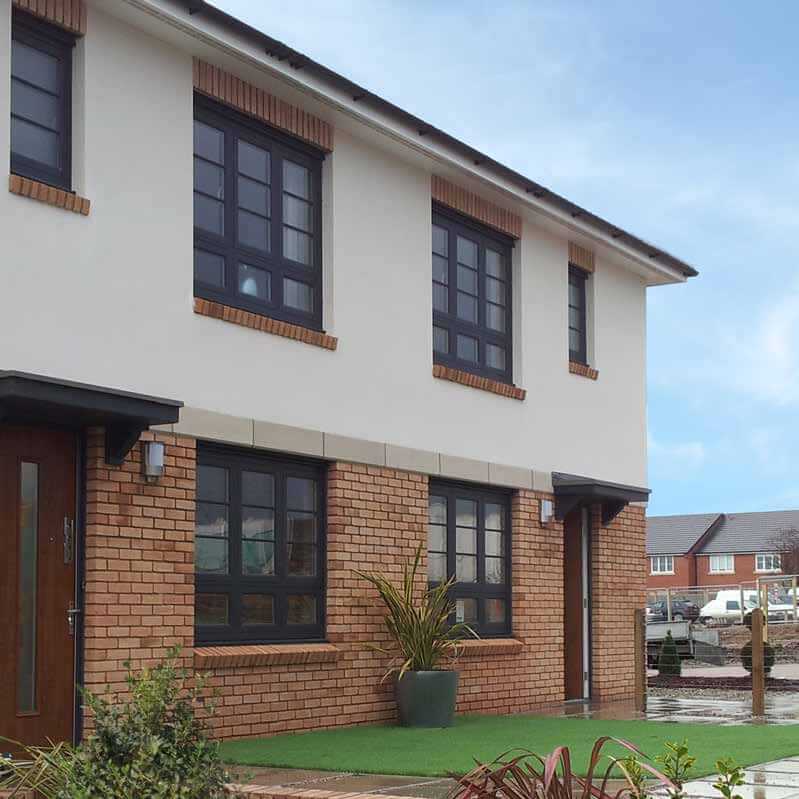
Double-Glazing vs. Single Glazing
If you’re debating between single and double-glazing, here’s a quick comparison:
| Feature | Single Glazing | Double Glazing |
|---|---|---|
| Energy Efficiency | Low | High |
| Noise Reduction | Minimal | Significant |
| Security | Basic | Enhanced |
| Condensation Issues | Frequent | Rare |
Types of Double-Glazing
Double glazing isn’t one-size-fits-all. There are several types to suit different needs and preferences.
1. uPVC Windows
Durable, affordable, and low-maintenance, uPVC windows are a popular choice for double-glazing.
2. Timber Frames
Perfect for period properties, timber frames offer a traditional aesthetic.
3. Aluminum Frames
Lightweight and sleek, aluminum frames are ideal for modern homes.
How to Choose the Right Double Glazing
Consider These Factors:
- Energy Rating: Look for A-rated windows for maximum efficiency.
- Style: Match the frame style to your home’s design.
- Budget: Balance upfront costs with long-term savings.
- Installer: Choose a certified professional for the best results.
Common Myths About Double-Glazing
1. It’s Too Expensive
While the upfront cost may seem high, the long-term savings on energy bills often outweigh the initial investment.
2. It Doesn’t Work in Older Homes
Modern double glazing can be tailored to suit heritage properties without altering their character.
Maintenance Tips for Double-Glazing
Keep your double-glazed windows in top condition with these tips:
- Clean Regularly: Use a soft cloth and mild detergent to clean the glass and frames.
- Check Seals: Inspect for cracks or wear and replace if needed.
- Avoid Abrasives: Steer clear of harsh cleaning products that can damage the frames.
Why Double-Glazing is a Smart Investment
From energy savings to added comfort, double glazing offers a plethora of benefits that make it a worthwhile investment. Plus, it enhances the value and appeal of your property, making it a great option for those planning to sell in the future.
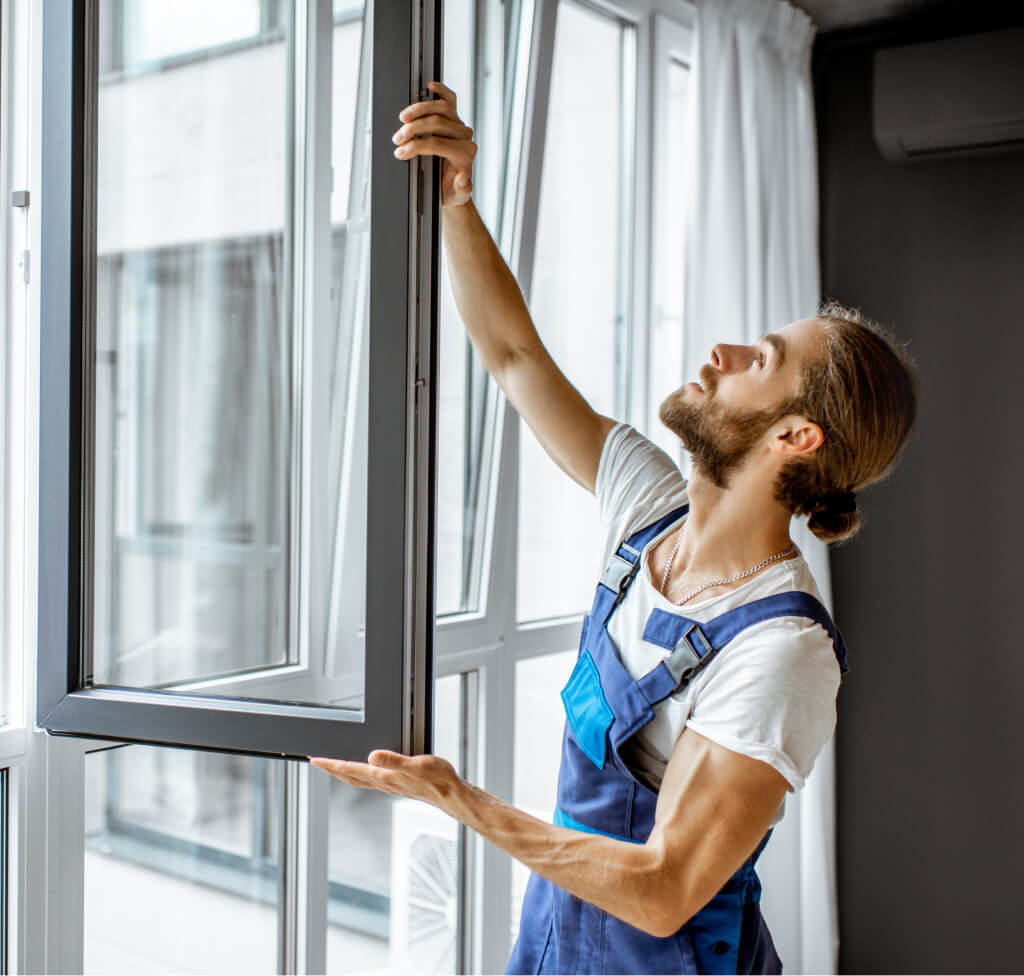
Frequently Asked Questions About Double-Glazing
1. How long does double-glazing last?
High-quality double-glazing can last 20–30 years with proper maintenance.
2. Can I replace just one window?
Yes, you can replace individual windows, but upgrading all windows at once is more cost-effective.
3. Is planning permission required?
Typically, no. However, it’s best to check if you live in a listed building or conservation area.
4. What gases are used in double glazing?
Argon, krypton, or xenon gases are commonly used for insulation.
5. Can double-glazing reduce outside noise?
Absolutely! It’s one of the key benefits, particularly in noisy urban areas.
6. Is double-glazing eco-friendly?
Yes, as it reduces energy consumption and carbon emissions.
Conclusion
Double glazing isn’t just about aesthetics it’s a practical, energy-efficient, and cost-saving solution for any home. Whether you’re looking to reduce noise, improve security, or enhance comfort, double-glazing ticks all the boxes. If you’re considering an upgrade, now’s the perfect time to invest in this smart home improvement.

